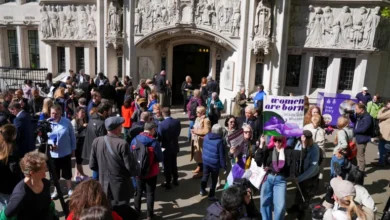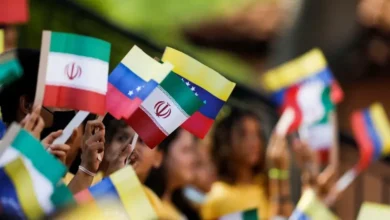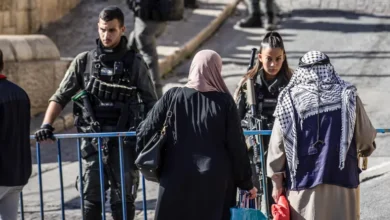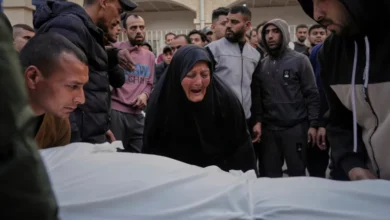Parents see tragedy, not fault, in Indonesia school collapse
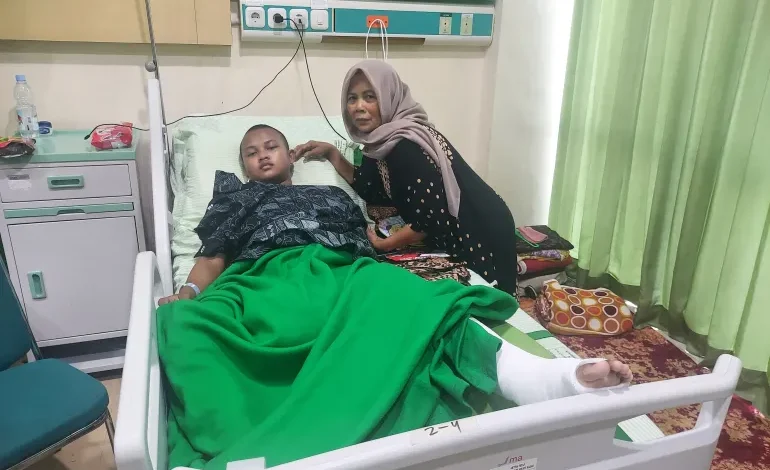
Sixteen-year-old Muhammad Royhan Firdaus had just finished praying on the first floor of the Al-Khoziny Islamic Boarding School in the East Javan city of Sidoarjo on Monday when something struck him on the head.
When he looked up, he saw pieces of the ceiling falling upon him and the other boys, all aged 12 to 18.
Sixteen-year-old Muhammad Royhan Firdaus had just finished praying on the first floor of the Al-Khoziny Islamic Boarding School in the East Javan city of Sidoarjo on Monday when something struck him on the head.
When he looked up, he saw pieces of the ceiling falling upon him and the other boys, all aged 12 to 18.
‘A tragic accident’
In the aftermath of the deadly incident, questions have been raised about the safety of the structure and why construction work was going on while students were inside.
“I am not scared to go back to the school,” Muhammad said as his mother expressed hope that he could continue his studies there once it has been rebuilt.
“We consider this a tragic accident,” Yuni added, explaining that she had no desire to blame school authorities.
All but one of the dozen parents Al Jazeera spoke to said they want their child to return to the school.
Syamsul Arifin, who teaches the sociology of religion at Muhammadiyah University in the nearby city of Malang, explained that Islamic boarding schools like Al-Khoziny play an important role in conservative religious communities, and it is against this backdrop that the reluctance to attribute blame must be understood.
“While parents may be understandably shocked or saddened by the incident, they are unlikely to want to blame the owners or leaders of the school where there is essentially a patron and client relationship,” he said.
These schools offer “a sacred canopy for students that protects and comforts them, which is why their parents submit to the leaders [of the schools] completely,” Arifin added.
‘Religious authority’
Indonesia has more than 30,000 Islamic boarding schools, known as pesantren, where students live in dormitories and study under religious scholars called kyai, or ustadz.
Pesantren focus on religious education, although many, like Al-Khoziny, also teach secular subjects.
In East Java province alone, there are almost 7,000 pesantren.
“Kyai and ustadz are incredibly well respected, particularly in [conservative areas like] East Java because they are considered people of great knowledge and wisdom,” Arifin explained.
They also play a central role in community life, with others regularly consulting them for spiritual guidance, he added.
“They are considered closer to God because of how religious they are, which is why people have such extraordinary respect for them.
“So when something like this happens that raises questions about a potential lack of safety, parents revert to theology and a very traditional way of thinking about religious authority.”
Al-Khoziny was established in 1927, and several of the “founding fathers” of Nahdlatul Ulama, the largest Muslim organisation in the world, taught or studied there, Arifin said. This helped to cement its position “as a centre of religious knowledge and spirituality”.



